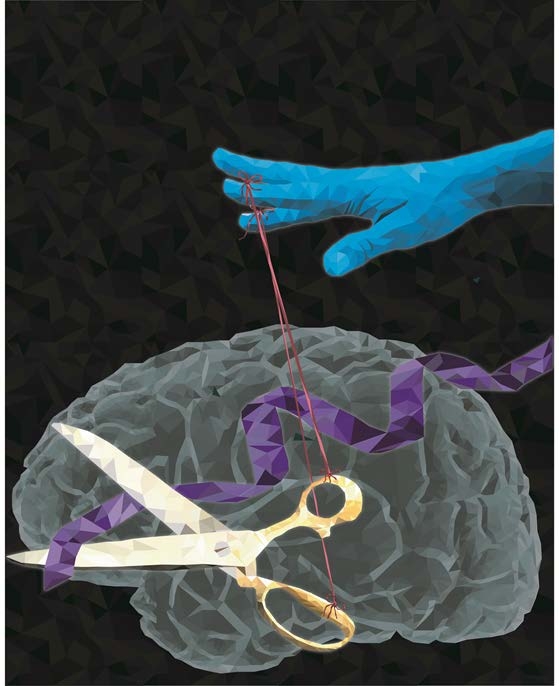You are here
γ-Secretase Modulatory Proteins: The Guiding Hand Behind the Running Scissors
Speakers
Abstract
γ-Secretase is a four subunit, 20-pass transmembrane enzyme that cleaves amyloid precursor protein, catalyzing the formation of amyloid beta peptides that form amyloid plaques, which contribute to Alzheimer’s disease pathogenesis. γ-Secretase also cleaves Notch and other more than 100 type I transmembrane substrates. Despite its seemingly promiscuous enzymatic capacity, γ-secretase activity is tightly regulated. This regulation is a function of many cellular entities, including but not limited to the essential γ-secretase subunits, nonessential (modulatory) subunits, and γ-secretase substrates. We will discuss how γ-secretase is regulated by modulatory proteins under hypoxia and neuroinflammation. A better understanding of these mechanisms will aid in the development of effective therapeutics for γ-secretase-associated diseases like Alzheimer’s disease and Notch-addicted cancer.


